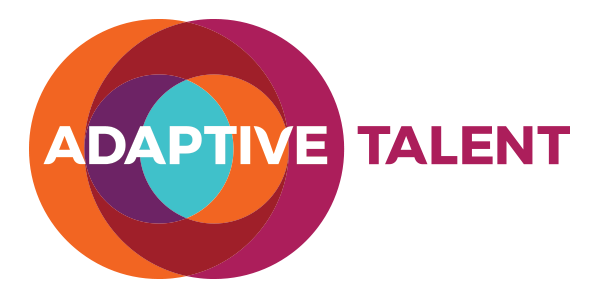 This is a great article from the NY Times with Cristóbal Conde, president and C.E.O. of SunGard on managing modern, info-rich, highly decentralized organizations (thanks @mitchlasky).
This is a great article from the NY Times with Cristóbal Conde, president and C.E.O. of SunGard on managing modern, info-rich, highly decentralized organizations (thanks @mitchlasky).Favorite quotes:
(1) “You have to work on the structure of collaboration. How do people get recognized? How do you establish a meritocracy in a highly dispersed environment?
The answer is to allow employees to develop a name for themselves that is irrespective of their organizational ranking or where they sit in the org chart. And it actually is not a question about monetary incentives. They do it because recognition from their peers is, I think, an extremely strong motivating factor, and something that is broadly unused in modern management.”
(Q2) Besides the endless travel of that year, was there something else that made you shift styles?
(A2) “Yes, it was a huge disagreement with somebody who worked for me directly, and he ended up quitting shortly thereafter. And it wasn’t that the decision that we disagreed on was so big. It was more that, to him, it just wasn’t as much fun anymore. He felt he could do more, and I was in his way. I was chasing away somebody extremely valuable, and that is when I realized I never would have put up with that myself. If you start micromanaging people, then the very best ones leave.
If the very best people leave, then the people you’ve got left actually require more micromanagement. Eventually, they get chased away, and then you’ve got to invest in a whole apparatus of micromanagement. Pretty soon, you’re running a police state. So micromanagement doesn’t scale because it spirals down, and you end up with below-average employees in terms of motivation and ability.
Instead, the trick is to get truly world-class people working directly for you so you don’t have to spend a lot of time managing them. I think there’s very little value I can add to my direct reports. So I try to spend time with people two and three levels below because I think I can add value to them.”
(Q3) Is there anything unusual about the way you run meetings?
(A3) I actively despise how people use PowerPoint as a crutch. I think PowerPoint can be a way to cover up sloppy thinking, which makes it hard to differentiate between good ideas and bad ideas. I would much rather have somebody write something longhand, send it in ahead of the meeting and then assume everybody’s read it, and then you start talking, and let them defend it.
The question from the beginning of the meeting to the end of the meeting is, “Have we added value: yes or no?” And I would say that if the meeting is mostly the presentation of a deck of PowerPoint slides, you conveyed information, but you didn’t actually add value.
Photo credit: Josh Calabrese
—
Adaptive Talent is a talent consultancy designed to help organizations achieve amazing results and ongoing adaptability. Founded in 2008 and based in Vancouver, Canada we offer retained search, assessments, total rewards consulting, training, leadership coaching and development programs, and culture & organizational development consulting.

